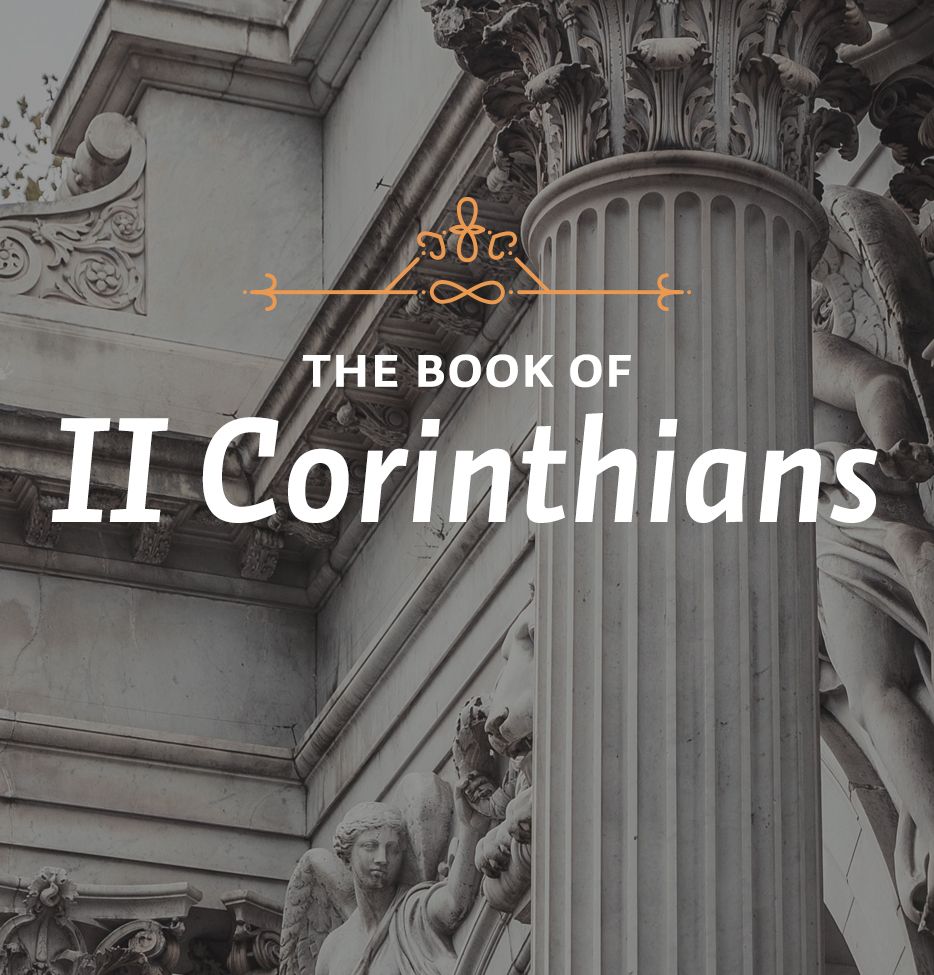Theme: A Severe Trial
This week’s lessons teach us how the grace of God in Christ drives both our attitude and our actual practice of giving to support Christian causes.
Scripture: 2 Corinthians 8:1
Anyone who has ever tried to get someone else to give to religious or charitable causes knows how difficult motivating another person can be. So we are wise to ask: How does Paul move the Corinthians to be faithful in this area? It is noteworthy that he does not nag, scold, beg, or plead. But neither is he against using some very direct motivation. If we read the chapters carefully, we will find him appealing to the need for personal consecration on the Corinthians’ part, the example of Christ, the love and grace of God for us, and even to a bit of proper pride and self-interest.
The chief element in Paul’s attempt to motivate the Corinthians to great giving was the example of the poorer churches of Macedonia. Paul had visited this area on his second missionary journey, when he had founded churches in Philippi, Thessalonica, and other cities. The members of these churches had been generous. Years later, when he wrote to the Philippian Christians, Paul acknowledged that “when I set out from Macedonia, not one church shared with me in the matter of giving and receiving, except you only; for even when I was in Thessalonica, you sent me aid again and again when I was in need” (Phil. 4:15, 16). This means that the Christians in Philippi had given to his support at least four times: once when he started out; twice when he was in Thessalonica; and a fourth time when he was in Rome, since the letter to the Philippians was written in part to thank them for it. We know from 2 Corinthians 11:9 that the Macedonians also gave at least once more when Paul first came to Corinth. So Paul is seeking to motivate by another’s good example, and his first example of generous giving is the churches of Macedonia.
But these were poor churches, as I said a moment ago. Corinth was a thriving, prosperous place by comparison. How is it that the poorer Macedonian churches had been able to set such a good example for the church at Corinth? The first answer to this question is in verse 2. I call it “God’s Formula for Great Giving.” It says, “Out of the most severe trial, their overflowing joy and their extreme poverty welled up in rich generosity.” Here are three elements: 1.) a severe trial; 2.) overflowing joy; and 3.) extreme poverty. Combined, says Paul, they produced generosity of a rich and exemplary kind.
A severe trial. We do not know what this severe trial was. It may have been persecution. It may have been the poverty Paul openly acknowledges to have been theirs. Whatever it was, it represented less than ideal circumstances, indeed, circumstances we might call very grim in nature.
Isn’t it strange that this should be a factor in the extraordinary giving of these churches? It is not the way we would expect things to be. We usually think the opposite. We think that if a person is going through some trial, his or her attention should rightly be directed to that problem and not to the needs of other people. That is how we would expect to react ourselves. But here, as in so many areas of life, Christian experience is entirely different from what we would expect. Unlike other people, when Christians go through trials they think about others who are also suffering, and they reach out to them. Do we need an example? The best example is Jesus who, when he was hanging on the cross, was not thinking about himself first. He thought of the soldiers when he prayed, “Father, forgive them, for they do not know what they are doing” (John 23:34); he thought of his mother when he said, “Dear woman, here is your son” (John 19:26); and he thought of the dying thief when he declared to him, “I tell you the truth, today you will be with me in paradise” (John 23:43).
Study Questions:
What does Paul say to motivate the Corinthians to give?
From the lesson, what is the chief reason Paul uses to motivate the Corinthians?
Why is a severe trial a cause of extraordinary giving among Christians?
Application: How can Paul’s approach to the Corinthians help keep us focused on the service we need to do for the Lord and his people?






